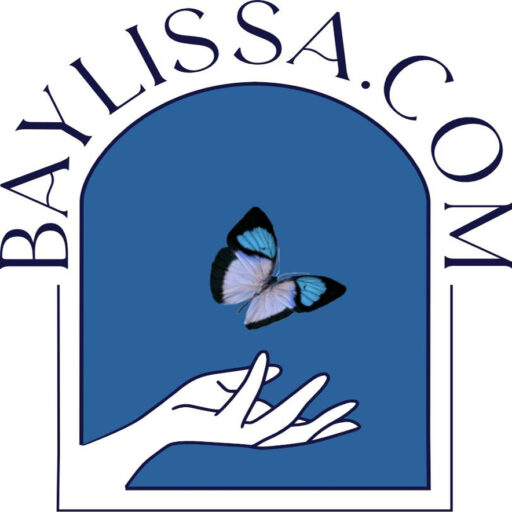Dear Healing Friends,
I want you to know how deeply sorry I am and that I appreciate how exhausted and frustrated some of you may be feeling. After years of enduring relentless symptoms, it’s understandable if the idea of healing has become unfathomable…. like healing is out of reach. You may be questioning if your body will ever recover, and the weight of waiting, year after year, can feel unbearable. But I want to gently remind you that even the most protracted cases do heal. It may not seem that way now, but there is a reservoir of anecdotal evidence proving that, no matter how long it takes, healing does still occur. Your body has not given up—it continues to work on restoring balance and equilibrium, even when you can’t feel it.
While you wait, it’s crucial to nurture yourself, both physically and mentally. Eating well, staying hydrated, engaging in beneficial activities such as practising neuroplasticity exercises are all part of supporting your body’s natural healing processes. But beyond the physical, there is also great power in how you approach each day.
This is where the practices of mindfulness, acceptance, self-kindness, and taking right action (MASA) come in. These aren’t just concepts—they are tools you can use to help navigate the difficulties of prolonged recovery. Mindfulness invites you to stay present, even during the darkest moments, allowing you to observe your thoughts and feelings without becoming overwhelmed by them. It helps you to acknowledge where you are without judgement, offering space for peace, even in the midst of chaos.
Acceptance doesn’t mean resigning yourself to suffering forever. Instead, it’s about releasing the resistance to “what is” and allowing yourself to breathe in the present moment. When you stop fighting the experience, even for a moment, you create room for healing. You create room to allow the body to do what it knows how to do—restore balance.
Self-kindness is equally important. I know how hard it is to remain compassionate towards yourself when you feel you’ve been struggling for so long, but please remember that this is not your fault. Be gentle with yourself. Speak to yourself as you would to a dear friend. You are doing the best you can, and that is more than enough.
Taking right action is about recognising that while healing cannot be forced, you can still make intentional choices each day that support your recovery. Whether it’s choosing to engage in gentle movement, practising your neuroplasticity exercises, or simply resting when your body asks for it, every step you take is contributing to the healing process. These actions are not passive—they are active contributions to your well-being.
I know that maintaining hope can feel like an insurmountable task when each day brings the same challenges. But please, don’t lose heart. Keep going, one step at a time. Trust in the resilience of your body and in the intelligence that is hard at work behind the scenes, even if you can’t see it yet. Healing takes time—sometimes far longer than we ever anticipated—but it is happening.
You are not alone in this. You, along with others here, are walking this path together, and there is strength in that. Take each day as it comes, nurture yourself in every way you can, and keep holding on. One day, this chapter will close, and you will look back and see how far you’ve come. Until then, please know that you are not forgotten, and your healing journey is still unfolding.
With much compassion and unwavering belief in your healing,


